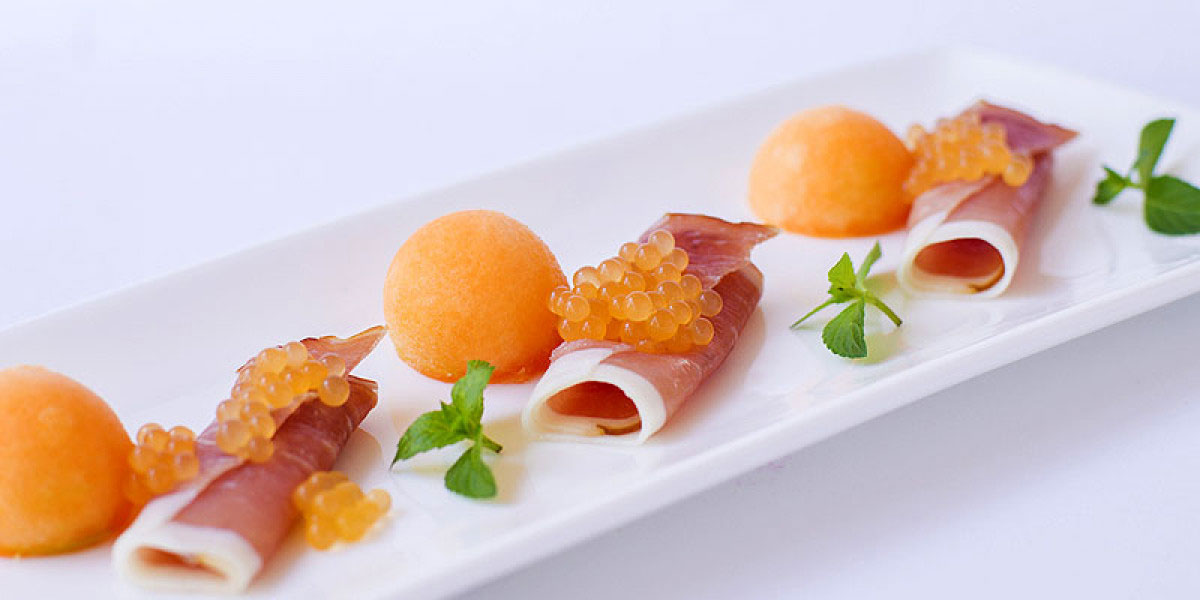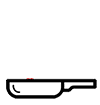Molecular gastronomy: Indian tadka to science – Is it fab or fad?
Science meets the culinary arts — that is the simplest way to describe molecular gastronomy. As chefs across the globe experiment with the science of flavour, customers are being exposed to innovative culinary experiences

Olive oil caviar, food served in chemistry lab apparatus, foam on a plate — these are regular sightings at a molecular gastronomy experience. This method of creating food is inspired by combining convoluted techniques of chemistry and physics to create tantalising flavours with seemingly unrelated ingredients.
Rightly so, a professional French physical chemist is credited for bringing science to our plates. Hervé This is regarded by many as the father of molecular gastronomy. As a food lover and a regular in his kitchen, what triggered his interest in the science of cooking was an experiment with making cheese soufflé that didn’t rise.
In 1988, he and Nicholas Kurti, his friend and a physicist, delved deep into an intriguing marriage of science and food. So, what may look like eggs with a side of bacon may actually be powered whites and glucose with a portion of surimi paste fashioned into meat.
Introducing Indians to the experience
Going beyond science, this experience of cooking and eating is built on experimentation and innovation. Closer to home, chefs in Indian metros have done their best to bring strange yet delicious wholesome experiences to an audience that is known to rush with its food. These meals can range from anywhere between five to 25 courses.
The most famous by-product of molecular gastronomy in India seems to be mango pulp concocted to look like an egg yolk. It quickly bursts in the unassuming eater’s mouth with a flood of delicious fruit flavour. How does banana and parsley sound to you? Or would you trust melon and tomato on your plate? Only a wholesome experience of scientific cooking and eating will tell.
Indian chefs who took the leap
Indian chefs have not been left behind when it comes to reinventing classic recipes with a little help from science. Chef Gaggan Anand is an oft-repeated name in this genre of cooking. The Bangkok-based chef trained at El Bulli, a Spanish eatery known to push the envelope when it comes to innovation and food. He currently runs the eponymous restaurant, Gaggan. Closer to home, Jiggs Kalra’s Masala Library is taking the maximum city by storm with its take on fusion Indian food and molecular gastronomy favourites.
This post is part of an inspirational series by Godrej’s Cartini on creating the different.
